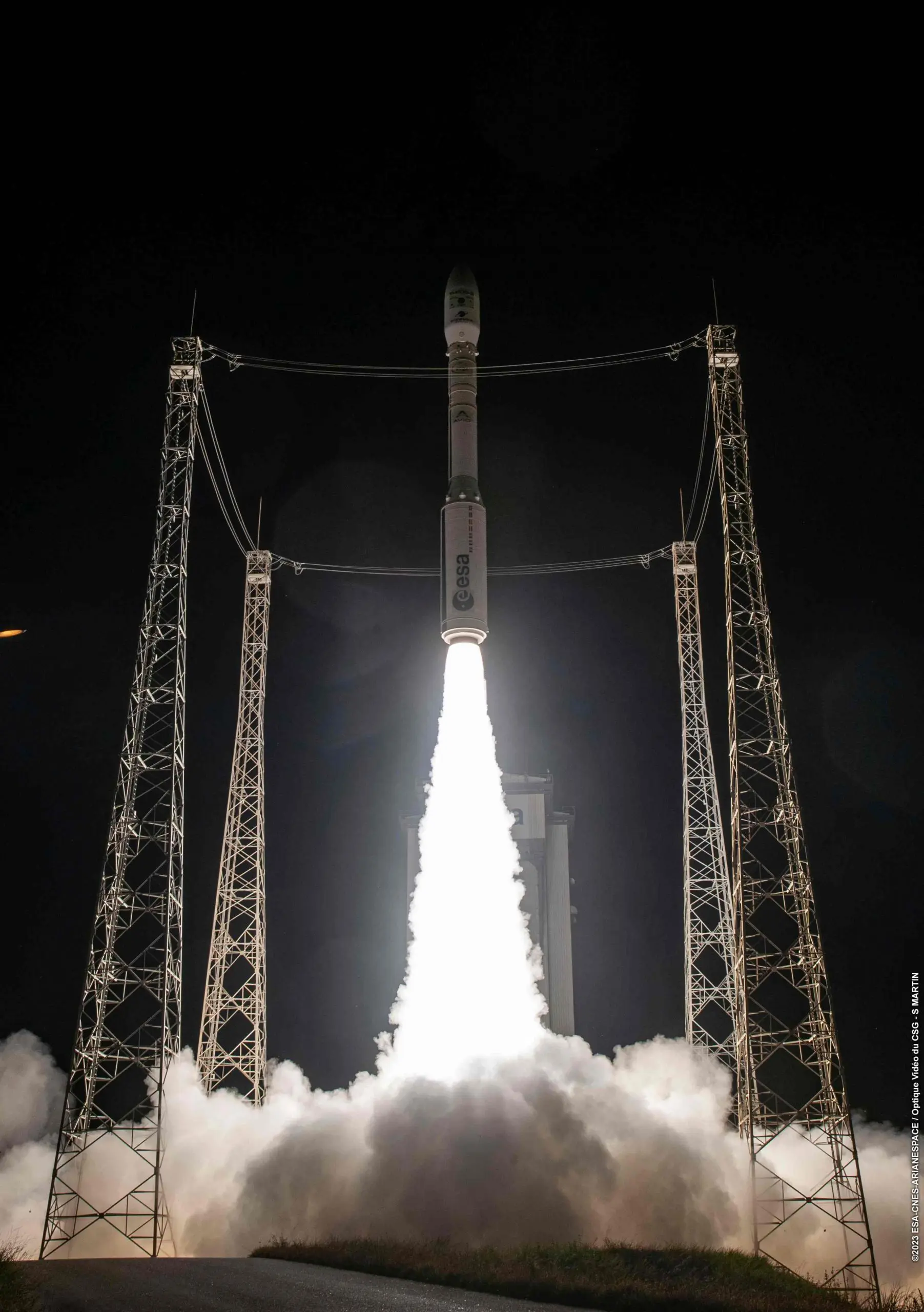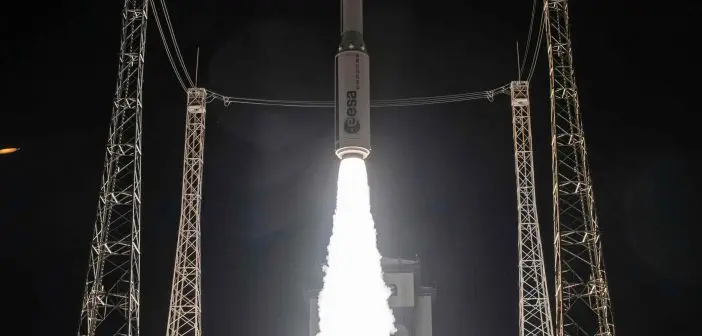
Italy is gearing up to grab a bigger slice of the global space sector, having recently implemented a structured space framework that governs the conduct of national and foreign operators operating from Italian soil. Concurrently, the country will host the 34th Congress of the International Council of Aeronautical Sciences (ICAS) in September and the 75th International Astronautical Congress (IAC) in October.
Italy has a long history of space activity. In 1964, it became just the third nation to put a satellite into orbit (after the US and USSR). It is a longstanding member of the European Space Agency. However, Italy’s role in the space sector has tended to slide under the radar, partly because the lack of a legal framework regulating space activity made it difficult for foreign companies to do business there. That’s now changing, and it’s attracting attention from people such as Elon Musk, who is reportedly meeting the Italian Prime Minister Giorgia Meloni in New York this month to discuss Italian space activity.
In June, Italy’s Council of Ministers approved the country’s first comprehensive framework law on space and the space economy. The framework addresses regulatory gaps and provides rules and guidelines for private sector involvement in space. It covers such things as launch authorisations, operational safety, and insurance. Until now, there have been no clear-cut regulations in place for government and non-government space operators in the country.
In 2023, the Italian Government earmarked EUR7.3 billion euros (AUD12.1 billion) to the space sector over three years. That included EUR3.1 billion (AUD5.1 billion) for the European Space Agency, EUR2.3 billion (AUD3.8 billion) for Italy’s space agency (Agenzia Spaziale Italiana), and a further EUR2.1 billion (AUD3.5 billion) directed elsewhere in the space sector.
With the money on the table and the new framework in place, Italy is positioning itself to become a bigger player in the global space sector. The upcoming two conferences, headline acts in the annual space calendar, give the country a platform to announce its ambitions.
Already, the Italian space sector is home to over 300 companies that generate a circa EUR4 billion (AUD6.6 billion) annual turnover. Some are well-known names such as Thales Alenia Space – a primary contractor that has been involved in numerous satellites, interplanetary stations, the Vega launch vehicle, the space shuttle, and more recently, the International Space Station.
Equally, many successful start-ups now providing various products and services for the space sector. For example, D-orbit has developed in-space transportation systems. Leaf Space provides ground station network solutions for small satellite operators, and AIKO Space is working on scalable AI technology for the automation of space missions.
Italian space industry insiders say the new regulatory framework will help shift ideas from the drawing board and test stages to the commercially viable stage, giving Italy a real shot at becoming a significant global space power. “The genie is out of the bottle,” said one.
Over 8,000 people will travel to Milan in mid-October to attend the IAC. For a brief time, it will put the Italian space sector front and centre of an open and interested global audience.





